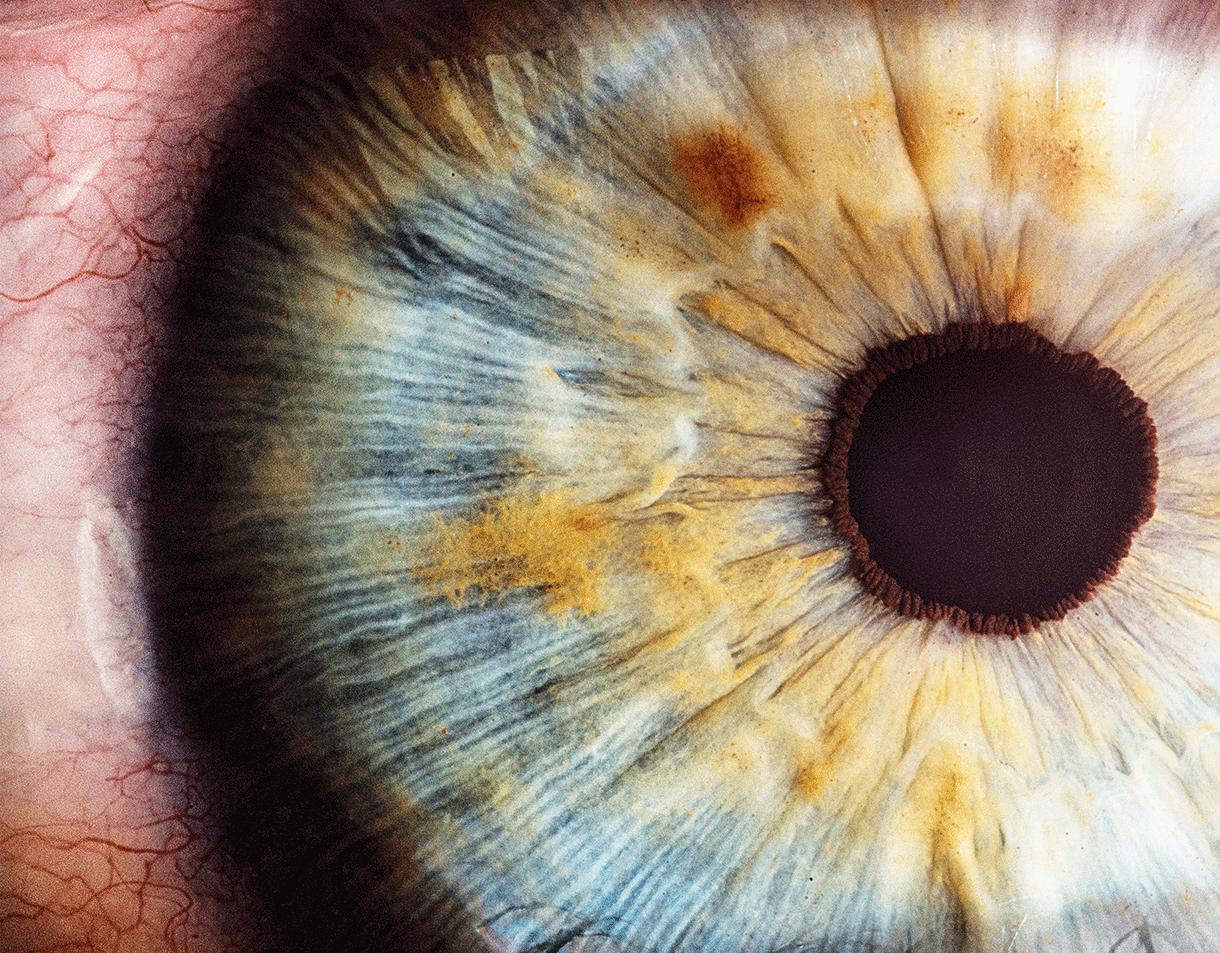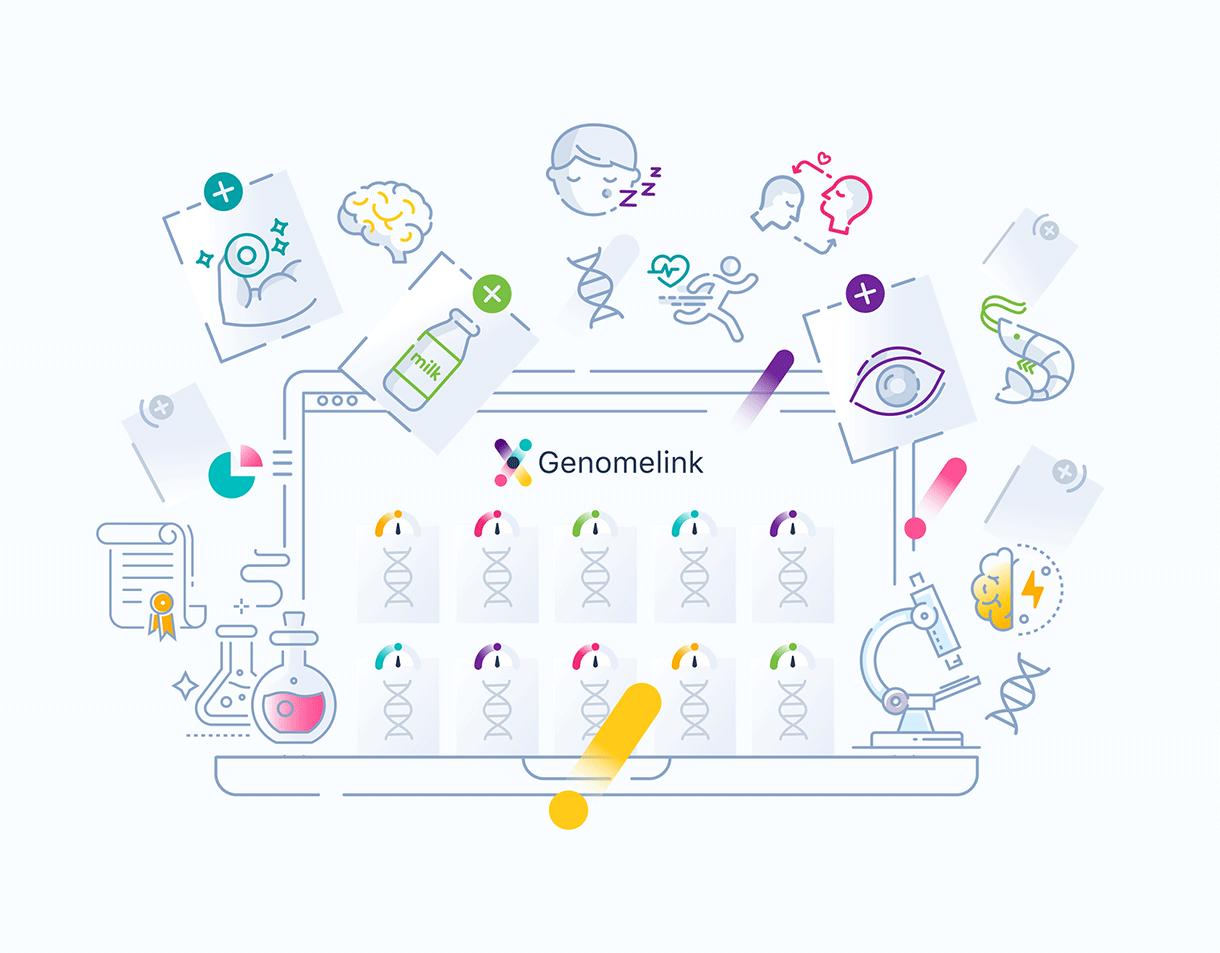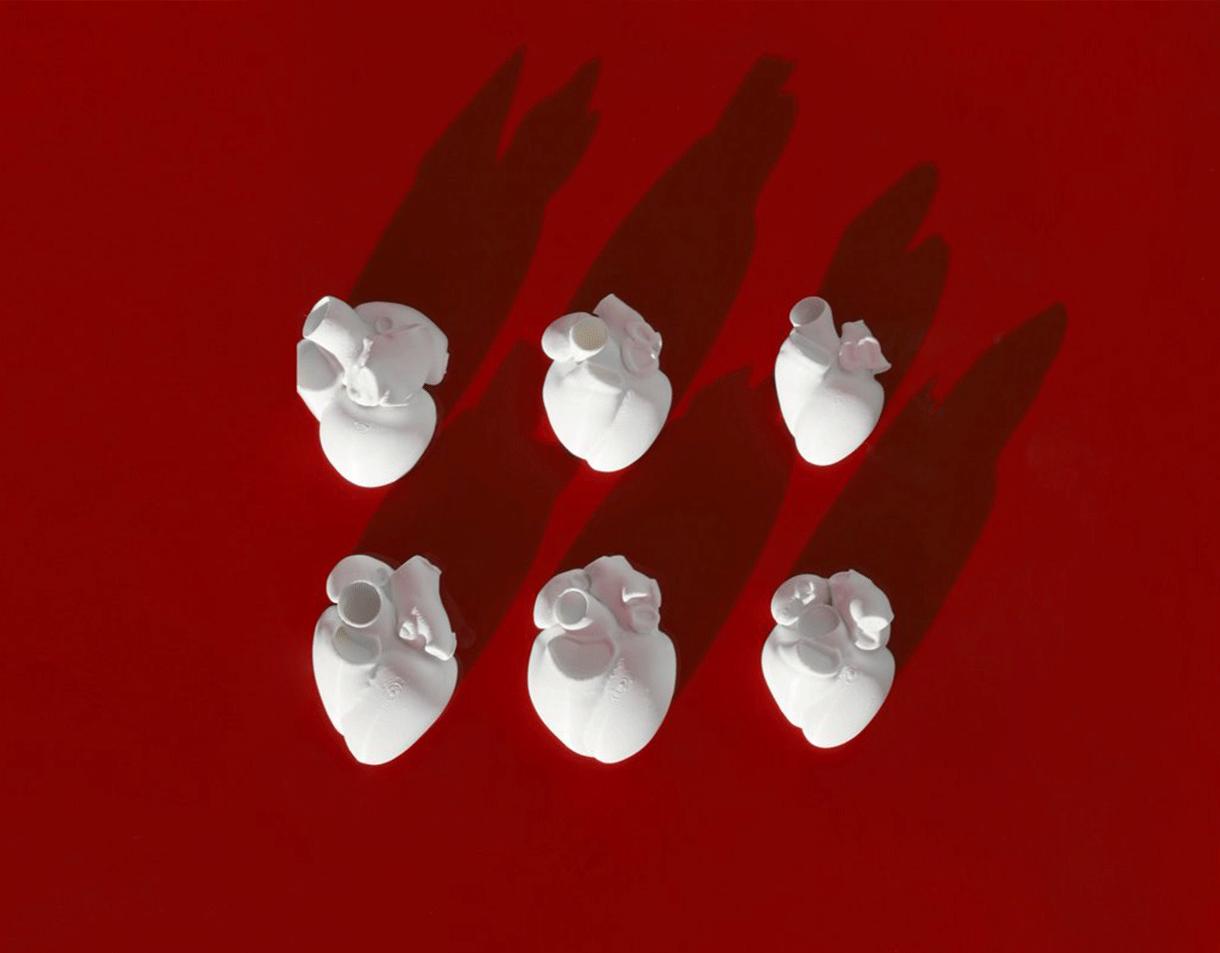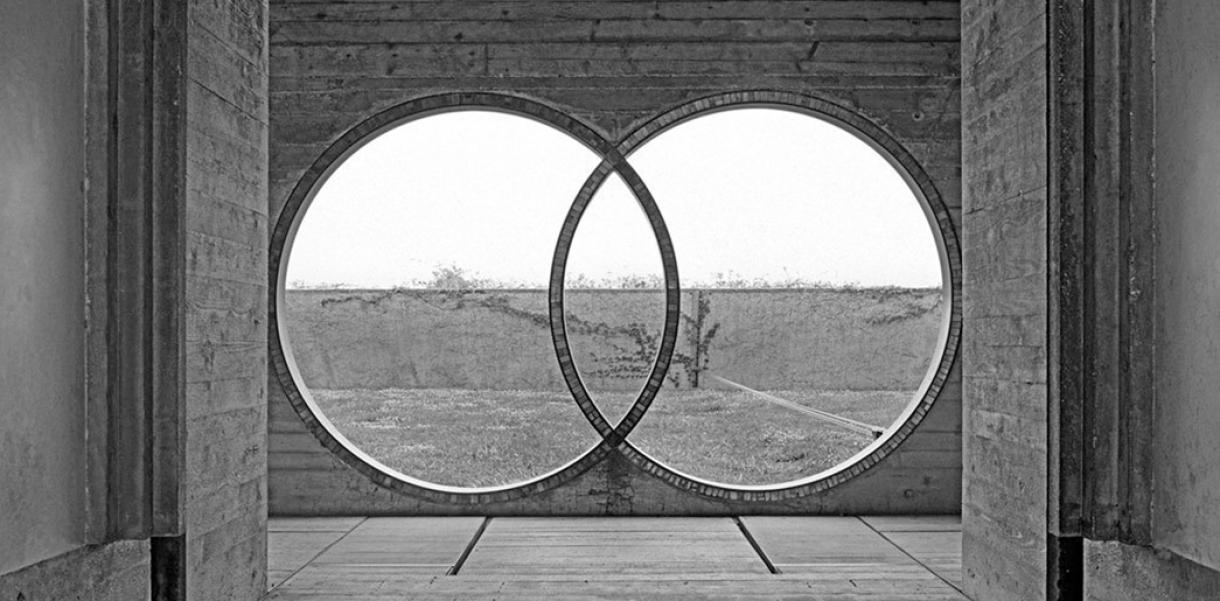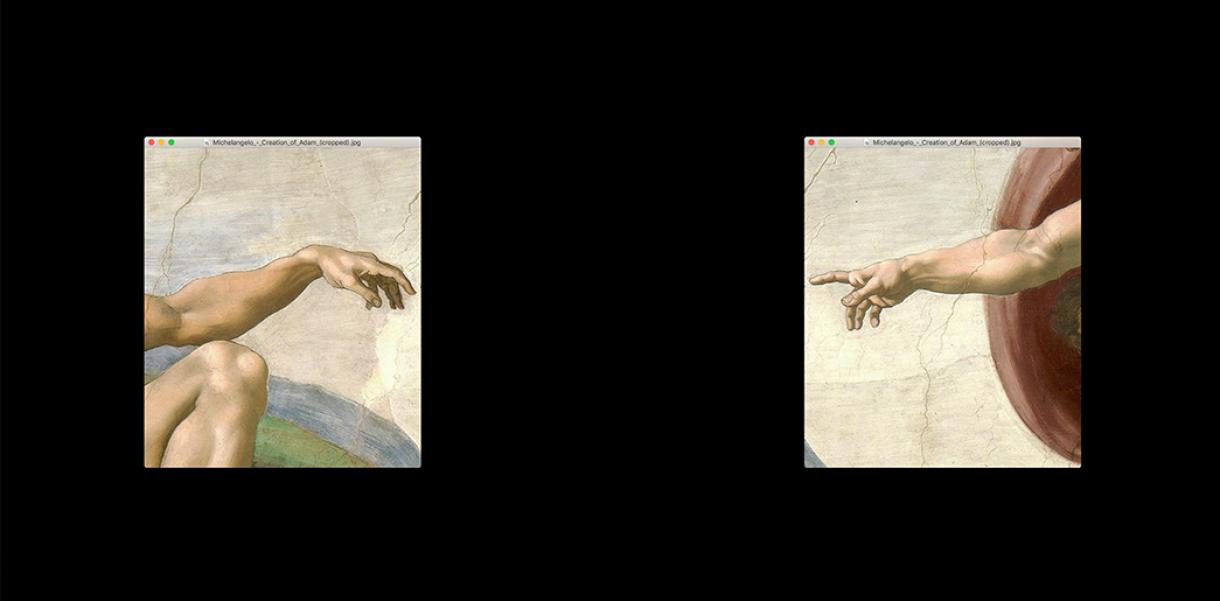If we could anticipate all health issues before they happen, would it create a healthier society? Of course, we'd save countless lives but, if treatment wasn't possible, would it create a culture of idle panic? Every day, advanced medical tech combined with big data are bringing us closer to this (un)certain future. Now, let's jump into some solutions at the forefront of this interesting development.
In recent years, genome sequencing has become more affordable for the 'average' consumer. By enabling us to dig into our DNA, it's emerging as a new luxury form of preventative self-care. Are you worried about going bald? Concerned about diabetes? Or maybe you're just curious about your natural talents you're yet to explore? Genomelink is a platform offering a new way to look deep into your genetic makeup. Using data and intuitive visualisations, it helps you understand your physical traits, personality, intelligence, nutrition and more.
Data security couldn't be more unpredictable these days. That's why Nebula Genomics uses blockchain technology to eliminate middlemen and give you control of your genomic data. Not only can you learn about your traits and ancestry but, you can also play a small role in curing disease. How? Scientists need large genomic datasets to identify causes of disease and develop cures. By sharing your data, you offer insights that would otherwise be inaccessible without more cash flow and time to seek out donors.
They say you are what you eat or, in this case, what you excrete. That's why MIT SENSEable City Lab are sending robots into our city sewers for answers. What are they looking for exactly? Smart sewage could hold the key to predicting illnesses, like new flu strains, before they hit, as well as provide new insights on non-communicable diseases. The goal of data project The Underworlds is to monitor urban health patterns to shape more inclusive health strategies. They imagine a future where sewage is mined for real-time information to inform policymakers, health practitioners, designers, and researchers alike.
Similar to The Underworlds, Big Heart Data believes that "healthcare is as much about prevention as it is about repair". The speculative project uses data gathered from consenting patients to explore cardiac simulation technologies and 3D printing in personal healthcare. Through algorithms and computer models, Big Heart Data can predict the heart’s ‘journey of growth’ from birth to adulthood. By seeing 5, 10 or 15 years ahead, for example, this would allow them to anticipate the impact of life conditions and premature birth.
-
Banner image: Cellule


